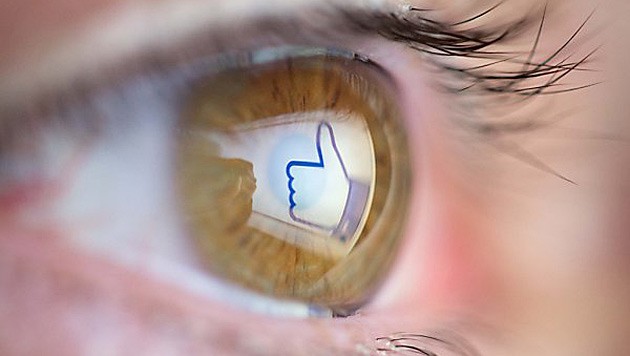Internet users should get another consent click when calling various websites. The European Court of Justice (ECJ) ruled on Monday that the site operators are responsible for collecting and transmitting data through Facebook’s “Like” button. Therefore, they must obtain the consent of the users before the website is used.
The judges in Luxembourg dealt with the “Like” button because of a dispute between the consumer center North Rhine-Westphalia and the fashion online retailer Fashion ID of the Peek & Cloppenburg KG based in Düsseldorf from 2015. The consumer center had declared the use of the “Like” button violates data protection law – and filed an injunction action against Fashion ID. Because: The “Like” button from Facebook transmits when loading the page, the IP address, the web browser identifier and date and time of the call, even without the button is clicked or the user has a Facebook account.
The Düsseldorf Higher Regional Court therefore asked the ECJ in 2017 for the interpretation of several data protection provisions. This now argued that the inclusion of the button allows Fashion ID to optimize the advertising of their products by making them visible on Facebook. This was an economic advantage, for the Fashion ID “at least tacitly” the collection of personal data website visitors have agreed. For the data processing, which makes Facebook after the transmission of the data, the website was not responsible. Because Fashion ID does not decide on the purpose and means of these processes.

“Strengthening of data protection rights”
The consumer center celebrated the outcome of the proceedings. “Through today’s ECJ ruling, the Consumer Center NRW with its lawsuit against the company Fashion ID has achieved a strengthening of consumer privacy rights in the Facebook Like button with a signal effect,” said CEO Wolfgang Schuldzinski. “The practice of Facebook, using the Like button to tap data without the knowledge of users to use it for other purposes – such as tailor-made advertising – is now put a stop.”
Following clarification by the ECJ, the Higher Regional Court now has to comment on whether in the case of Fashion ID an explicit consent of the users concerned was required. On this basis, the consumer center NRW wants to check then, “how website operators comply with the required co-responsibility for data protection”. Facebook lawyer Jack Gilbert said in an initial reaction that they would analyze the decision and work with the website partners so that they could continue to benefit from plug-ins like the “Like” button.

Industry association warns of “liability traps”
`Bernhard Rohleder, chief executive of the industry association Bitkom, warned that the level of data protection will de facto hardly change by the decision since already today practicable two-click solutions for such plug-ins are in use, with which Data transfer only takes place if a user activates this function separately before liking. “For many operators of websites, like-buttons are important in order to be able to reach Internet users,” emphasized Rohleder and warned against “liability traps” for them. In addition, the previous information such as the privacy policy and collected cookies would be “most of the only formally noted”.

